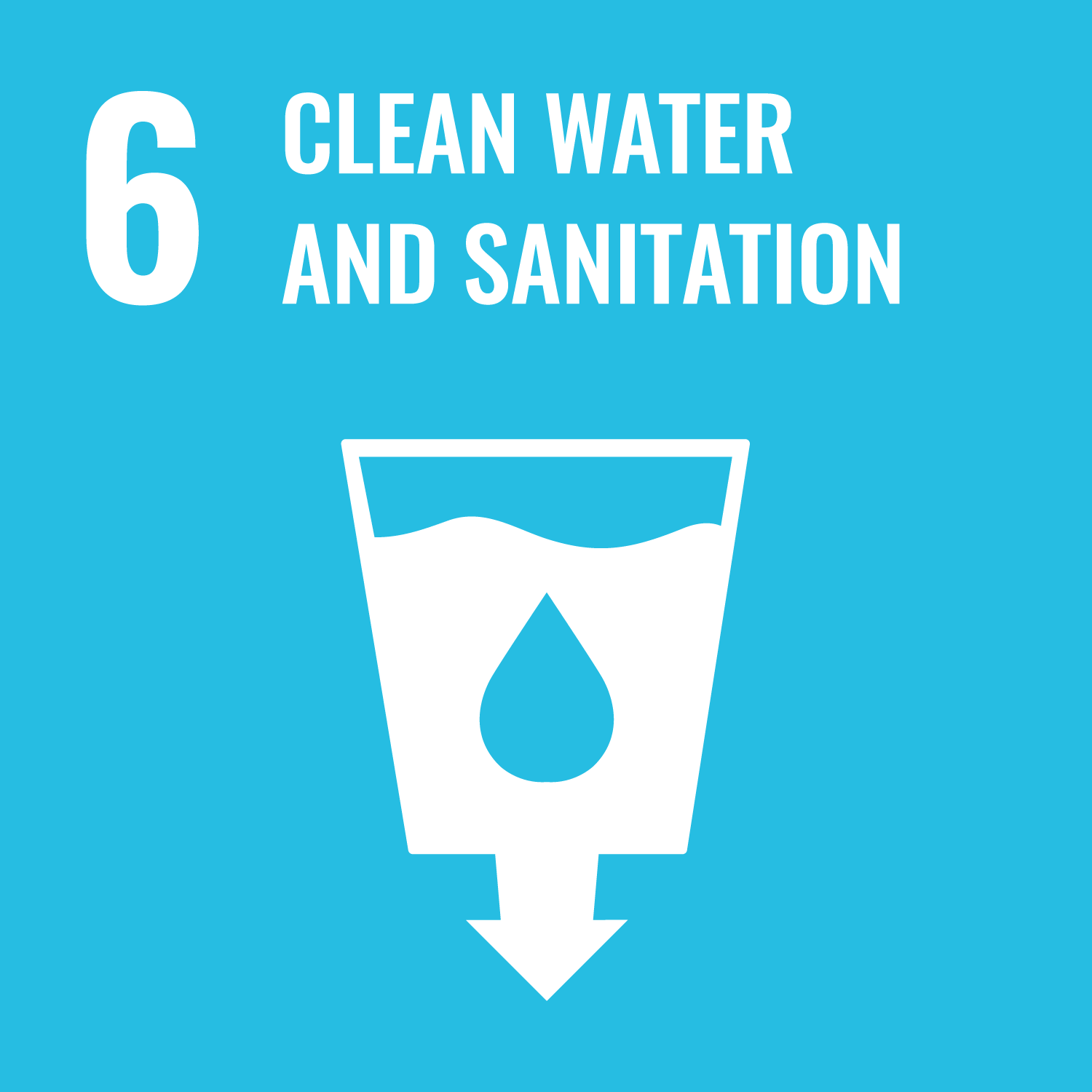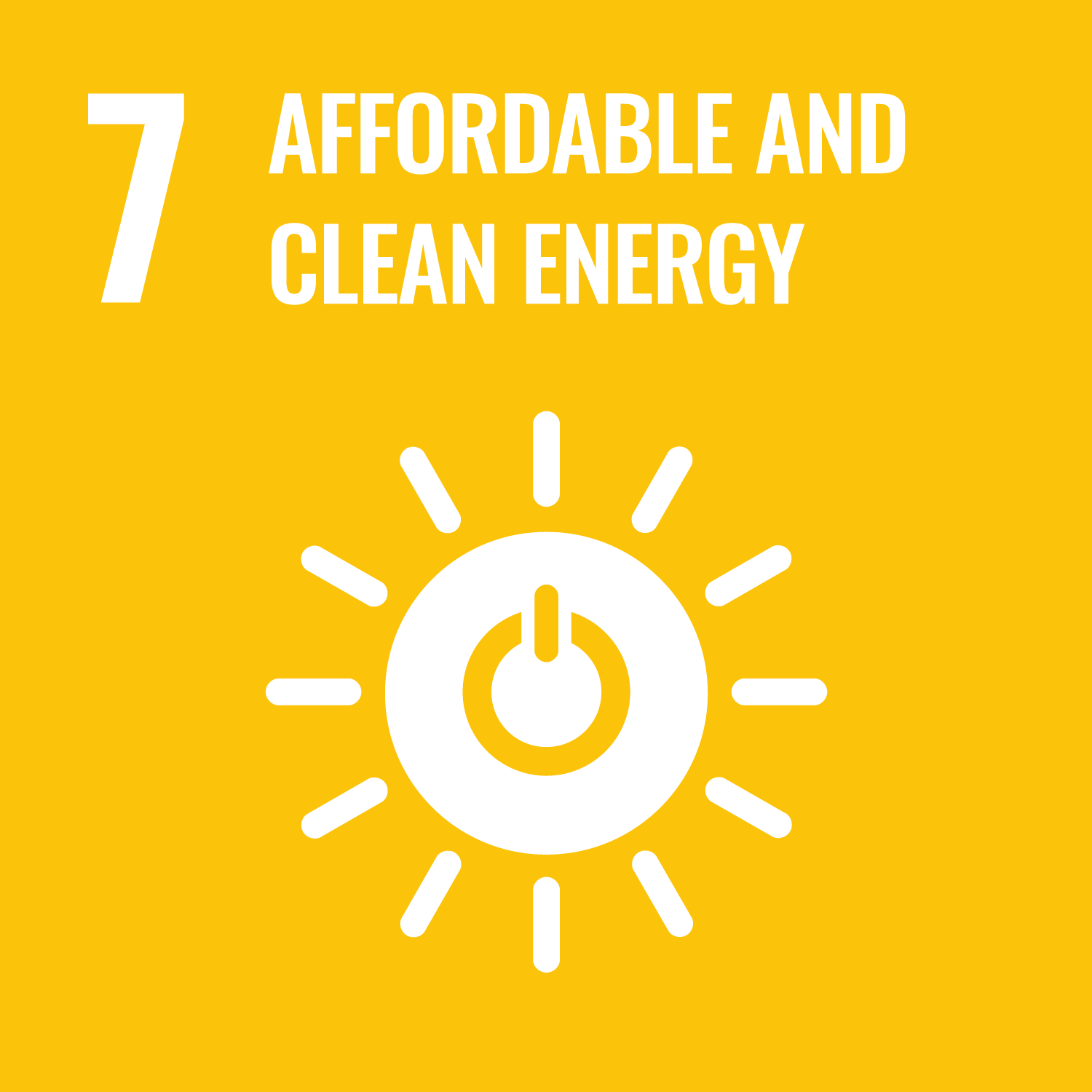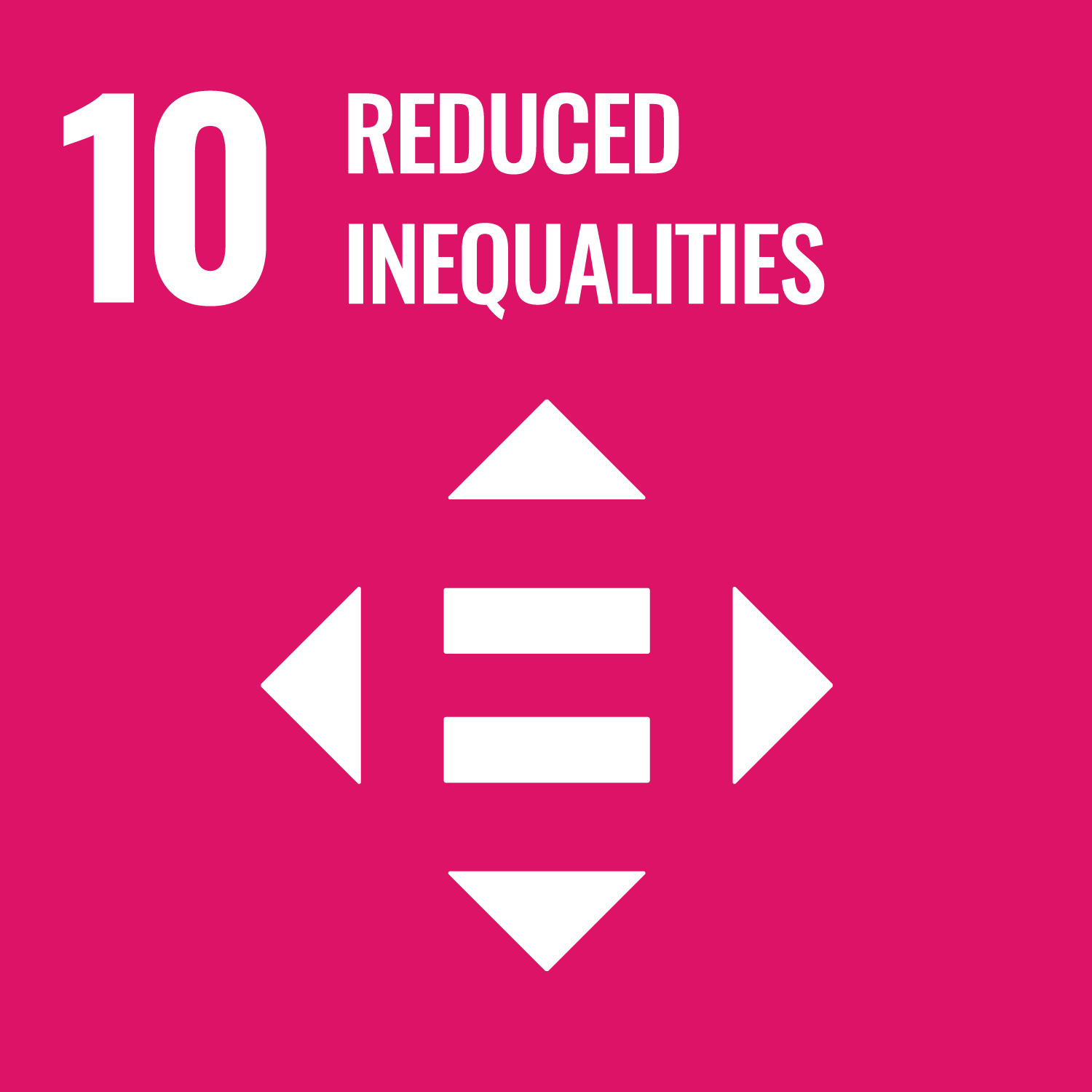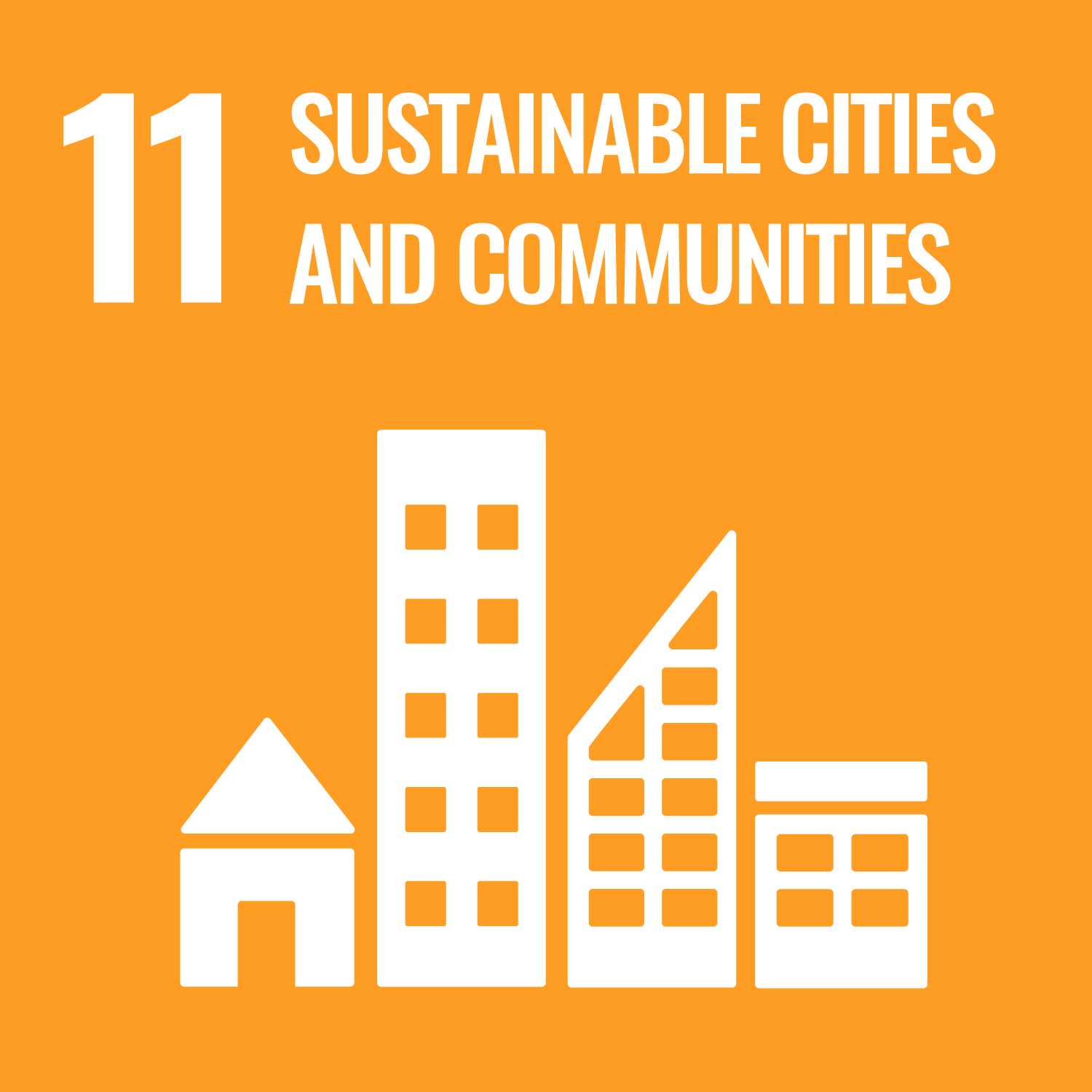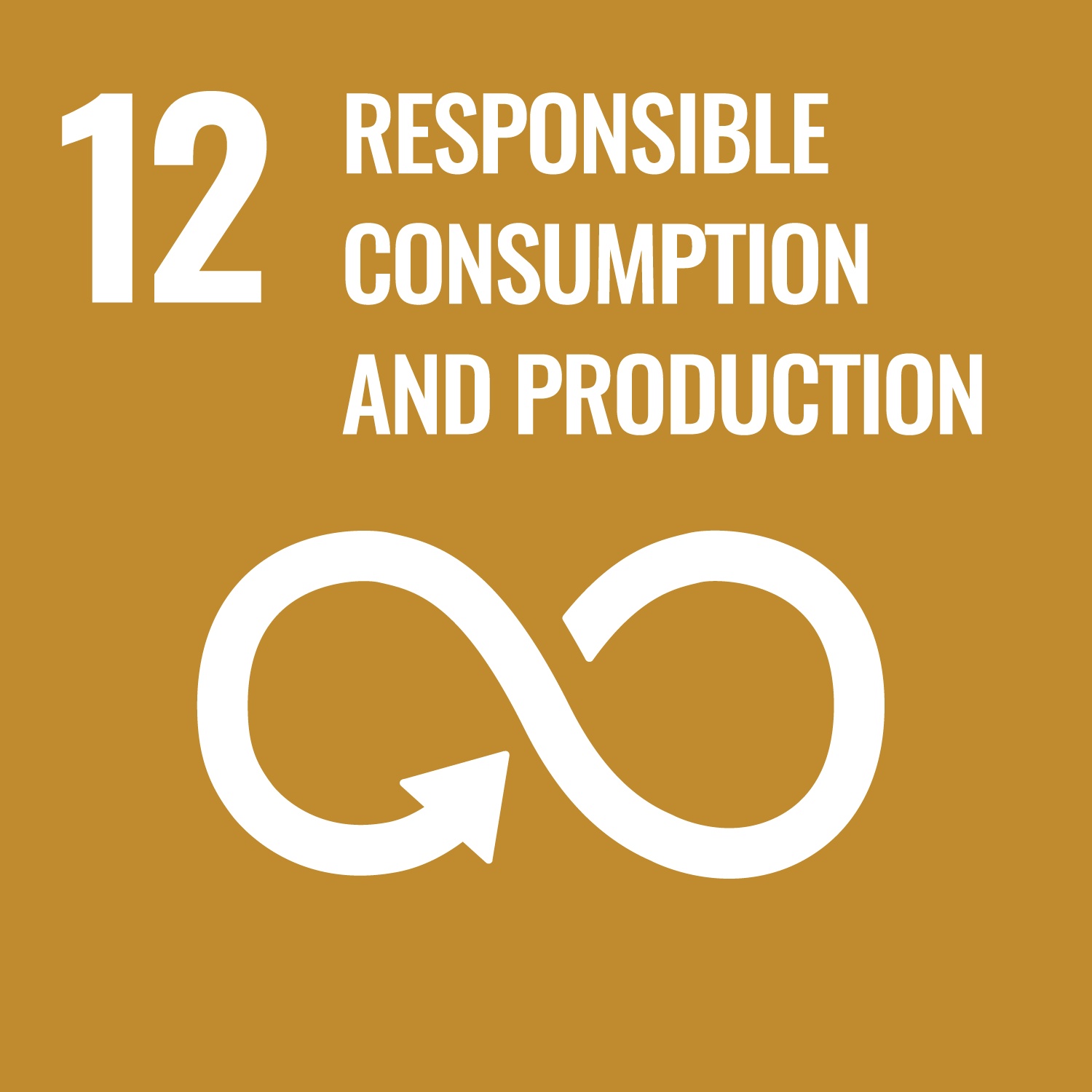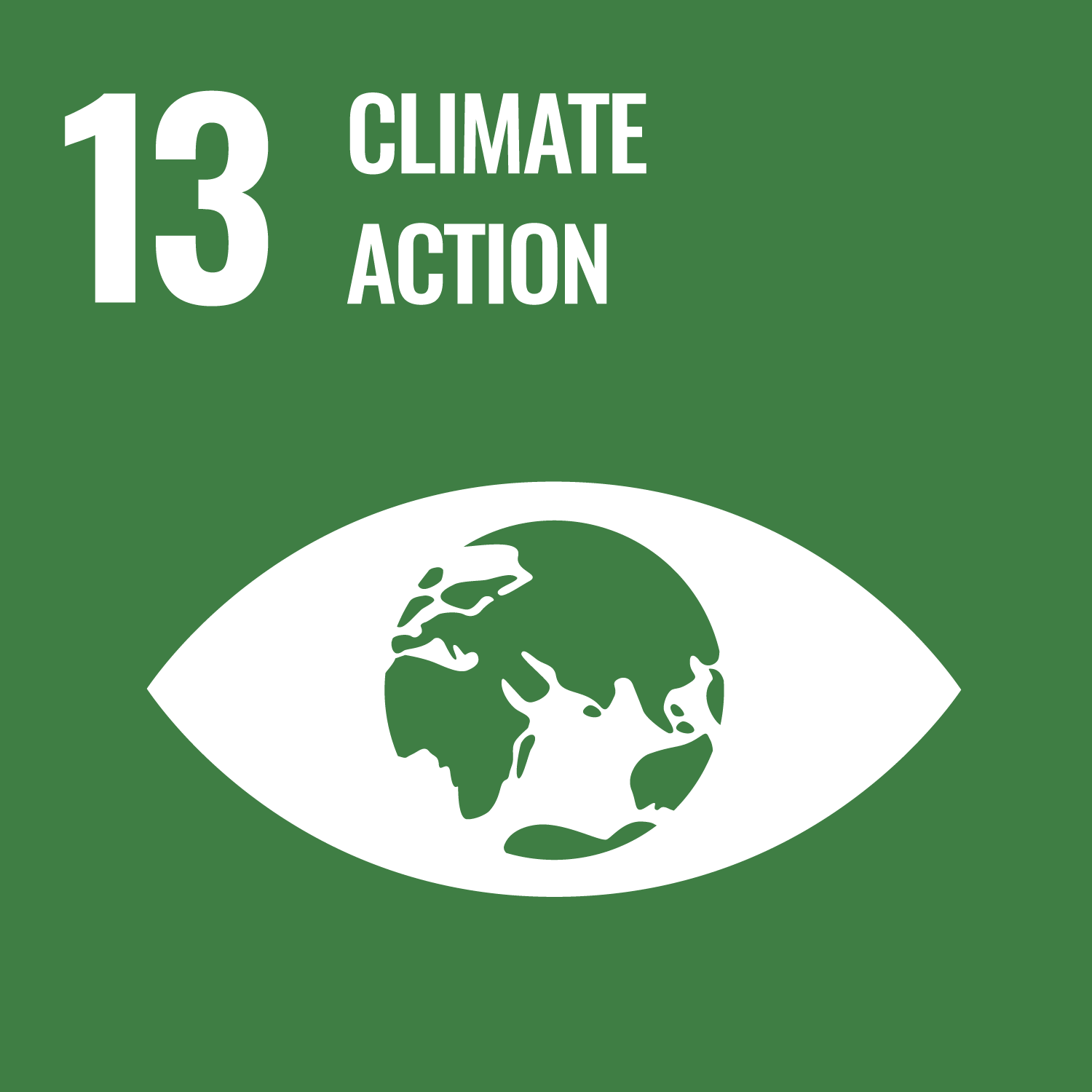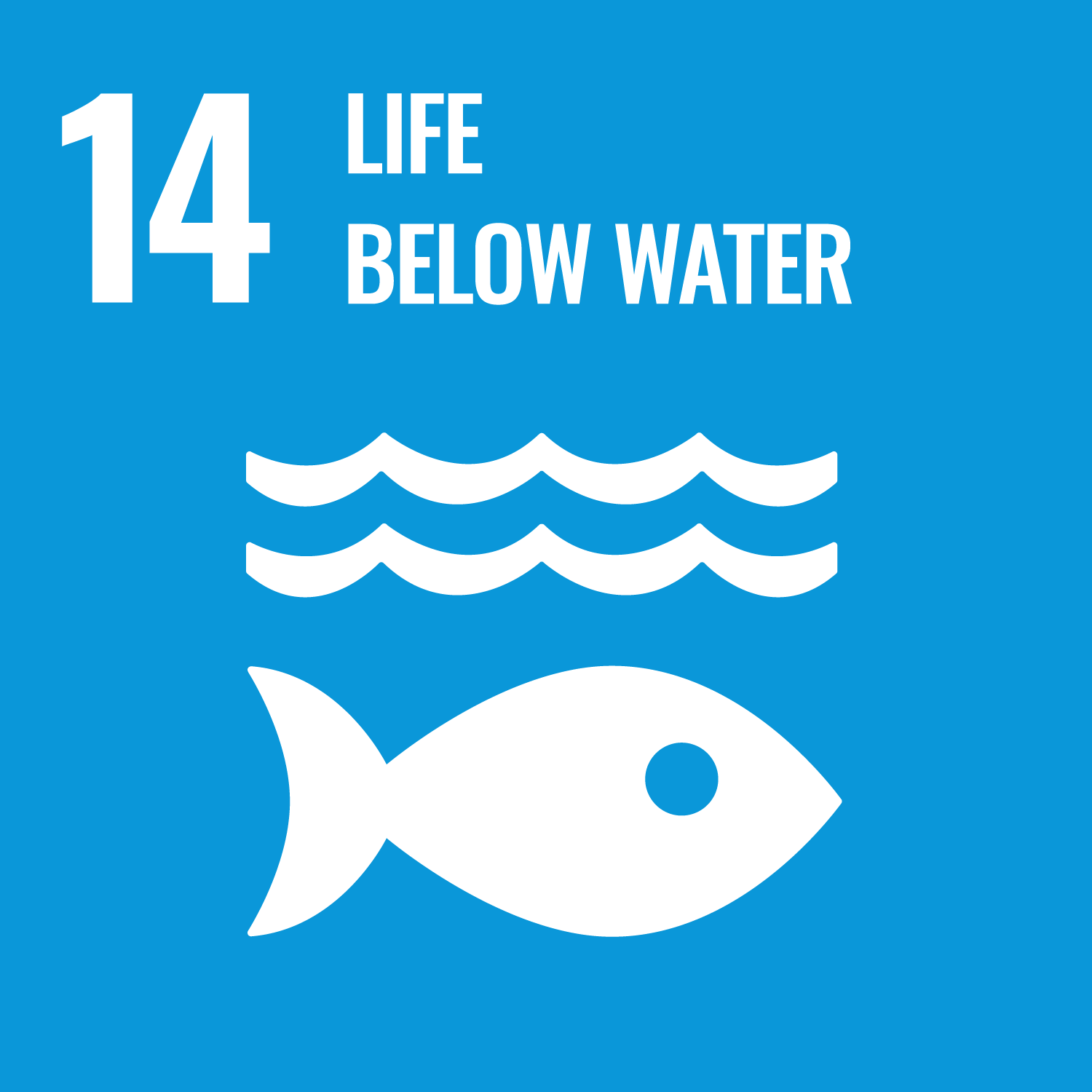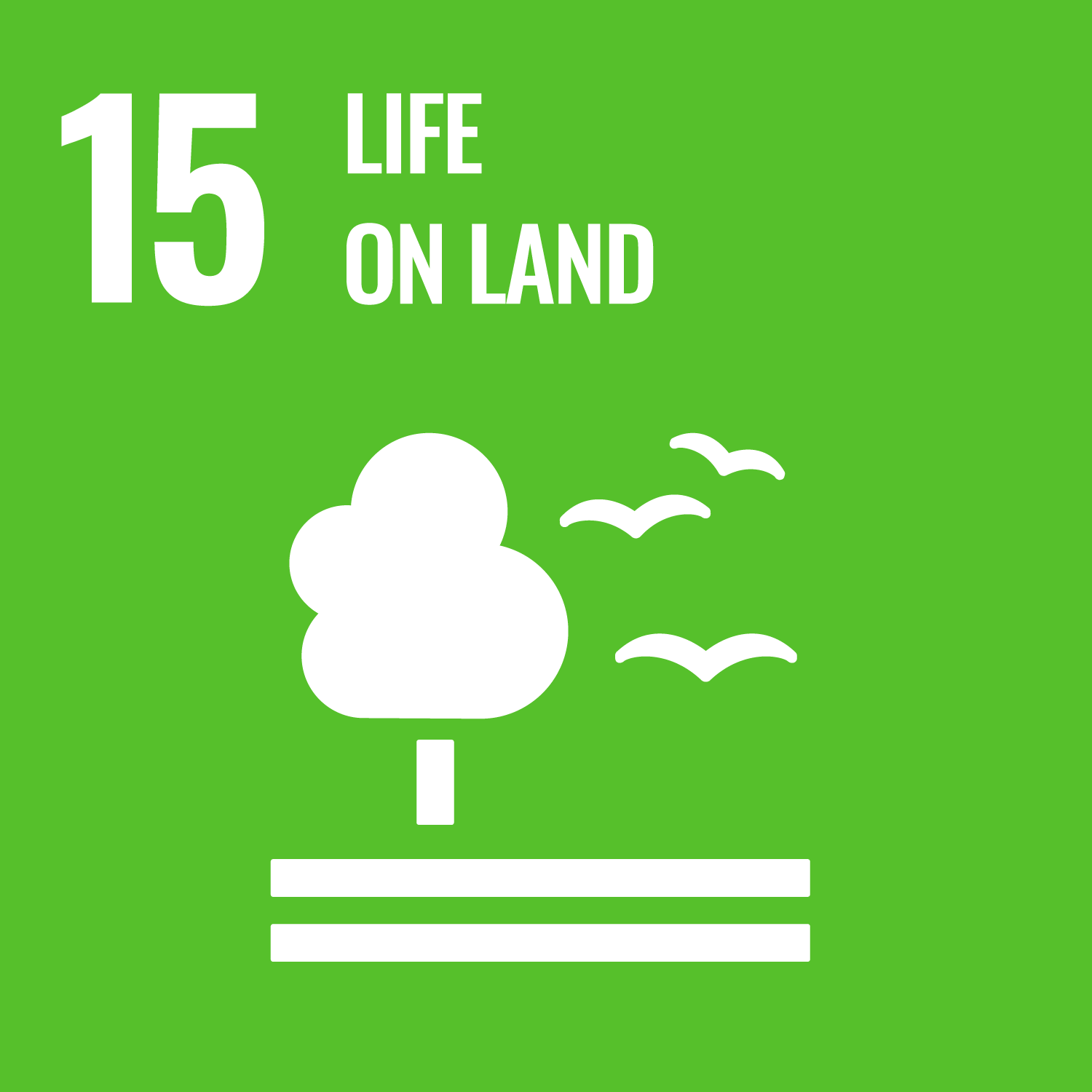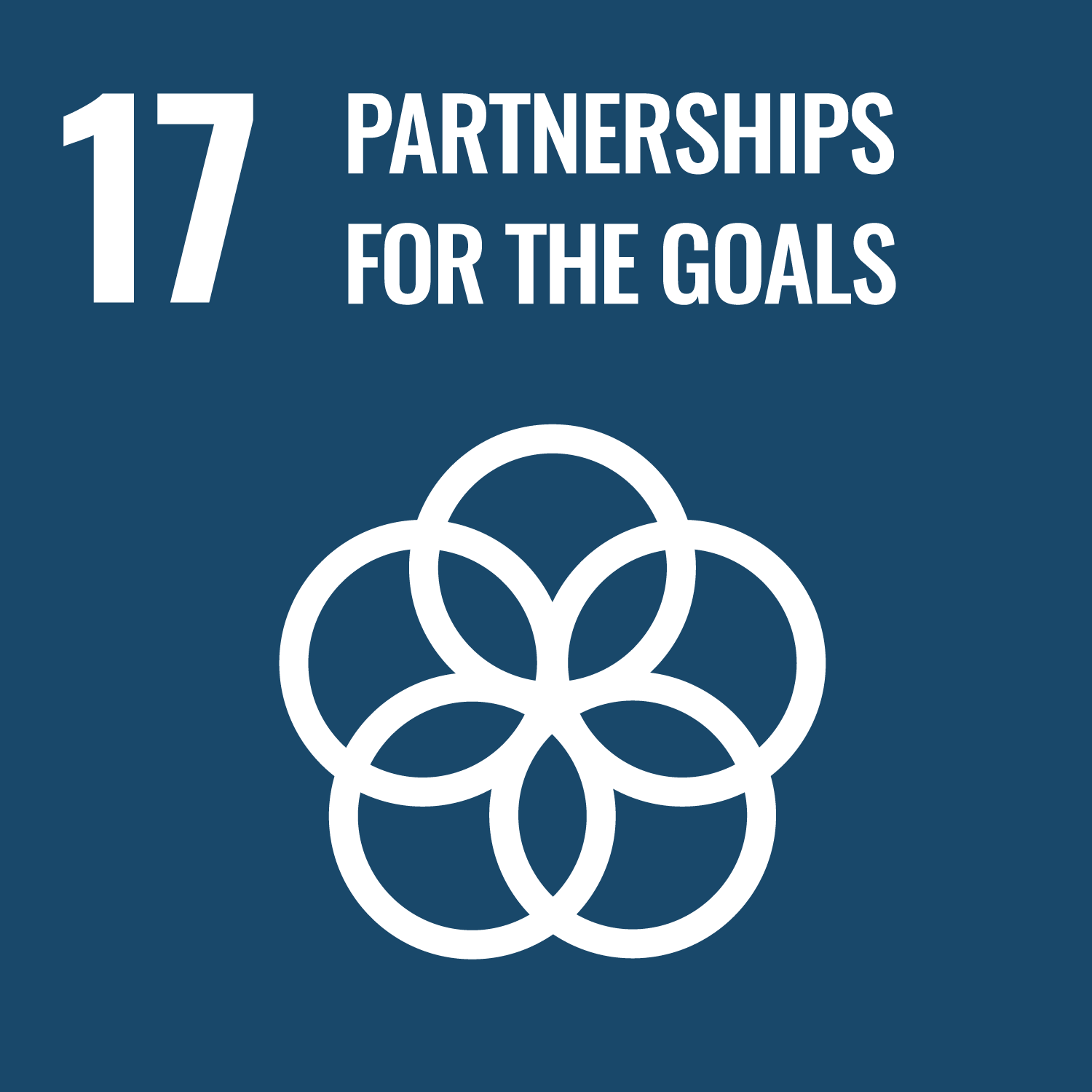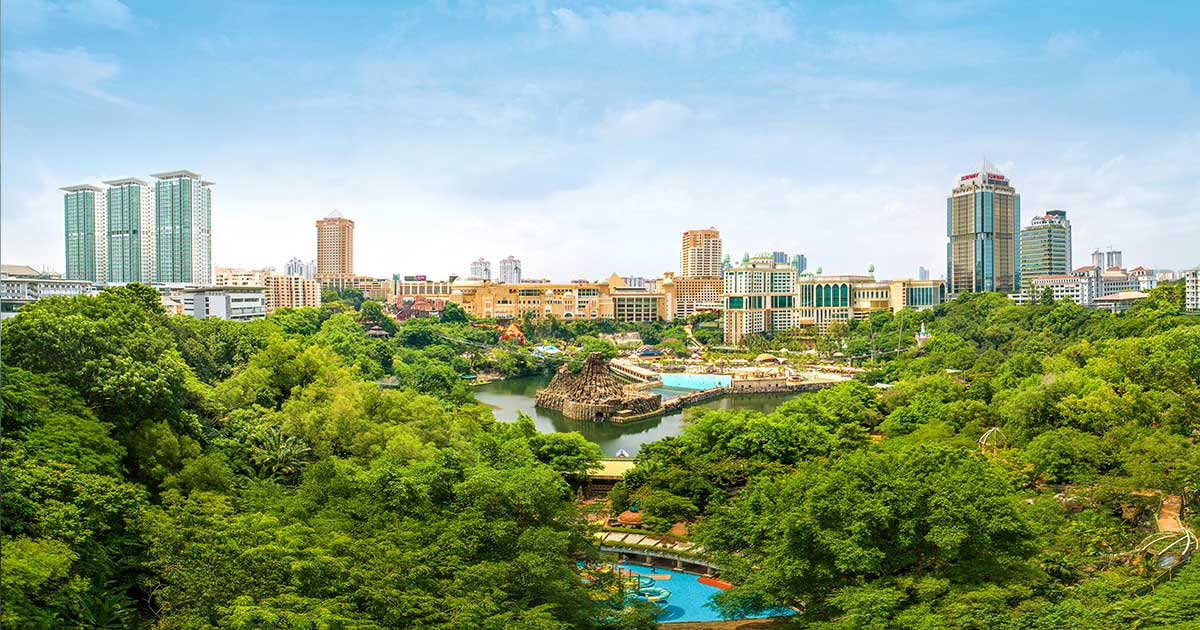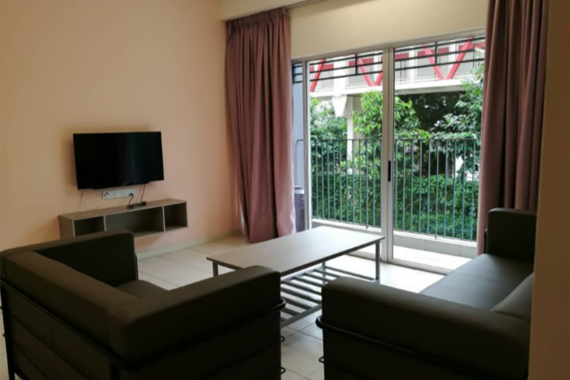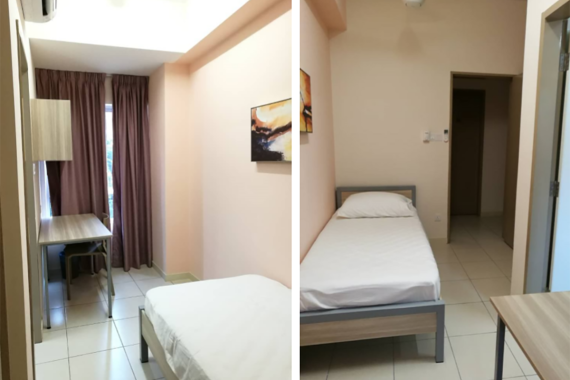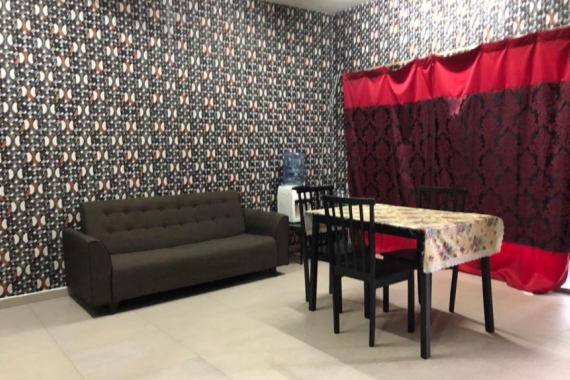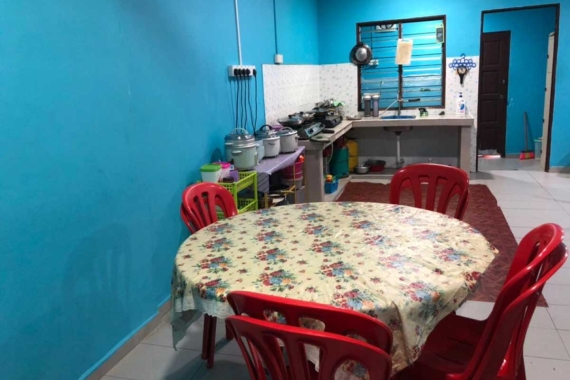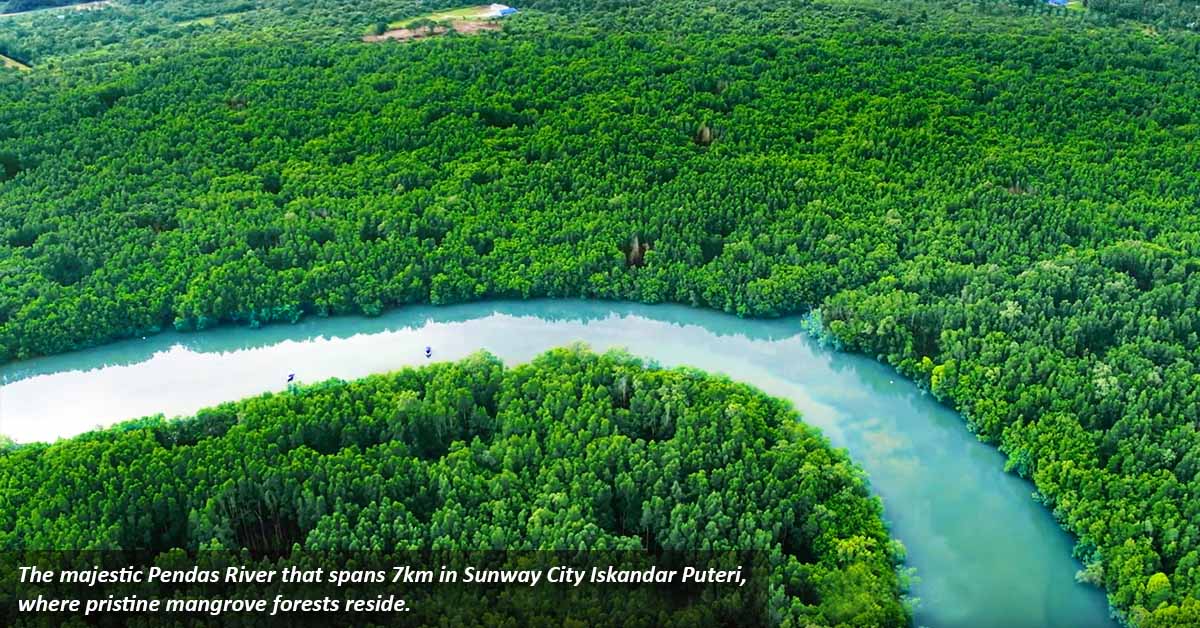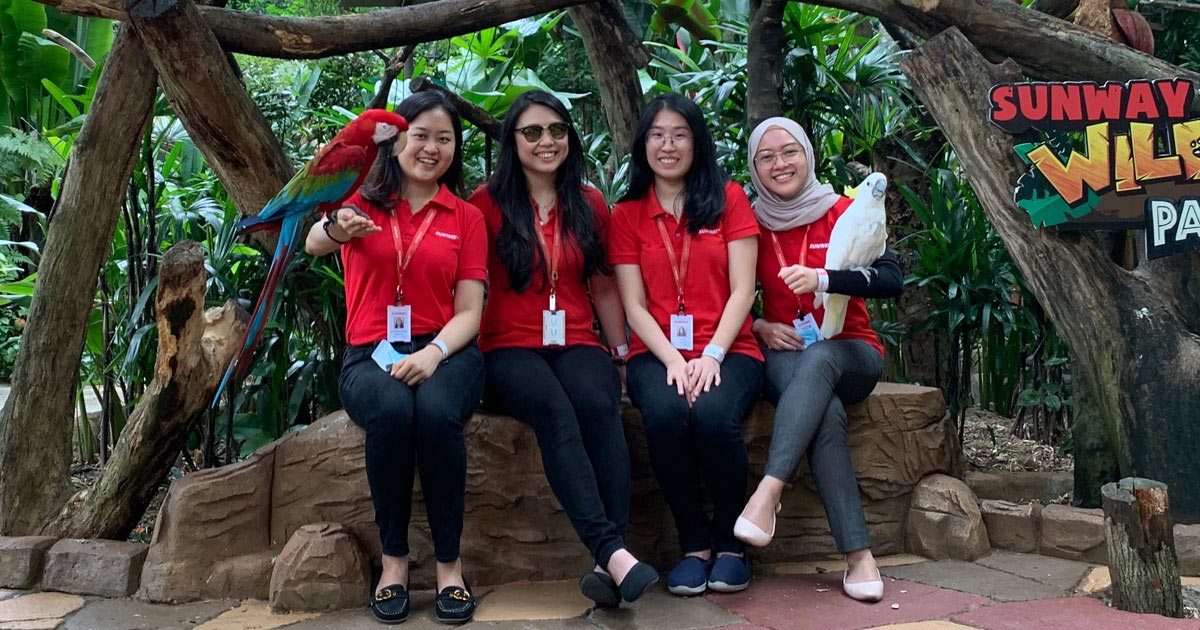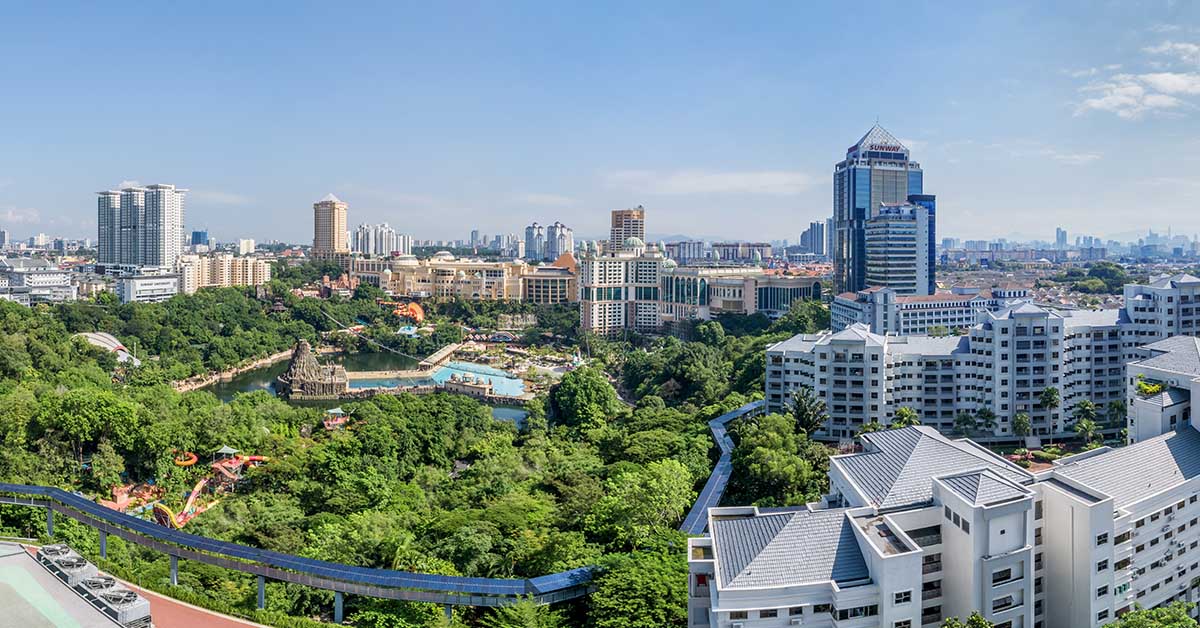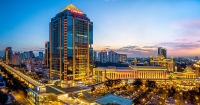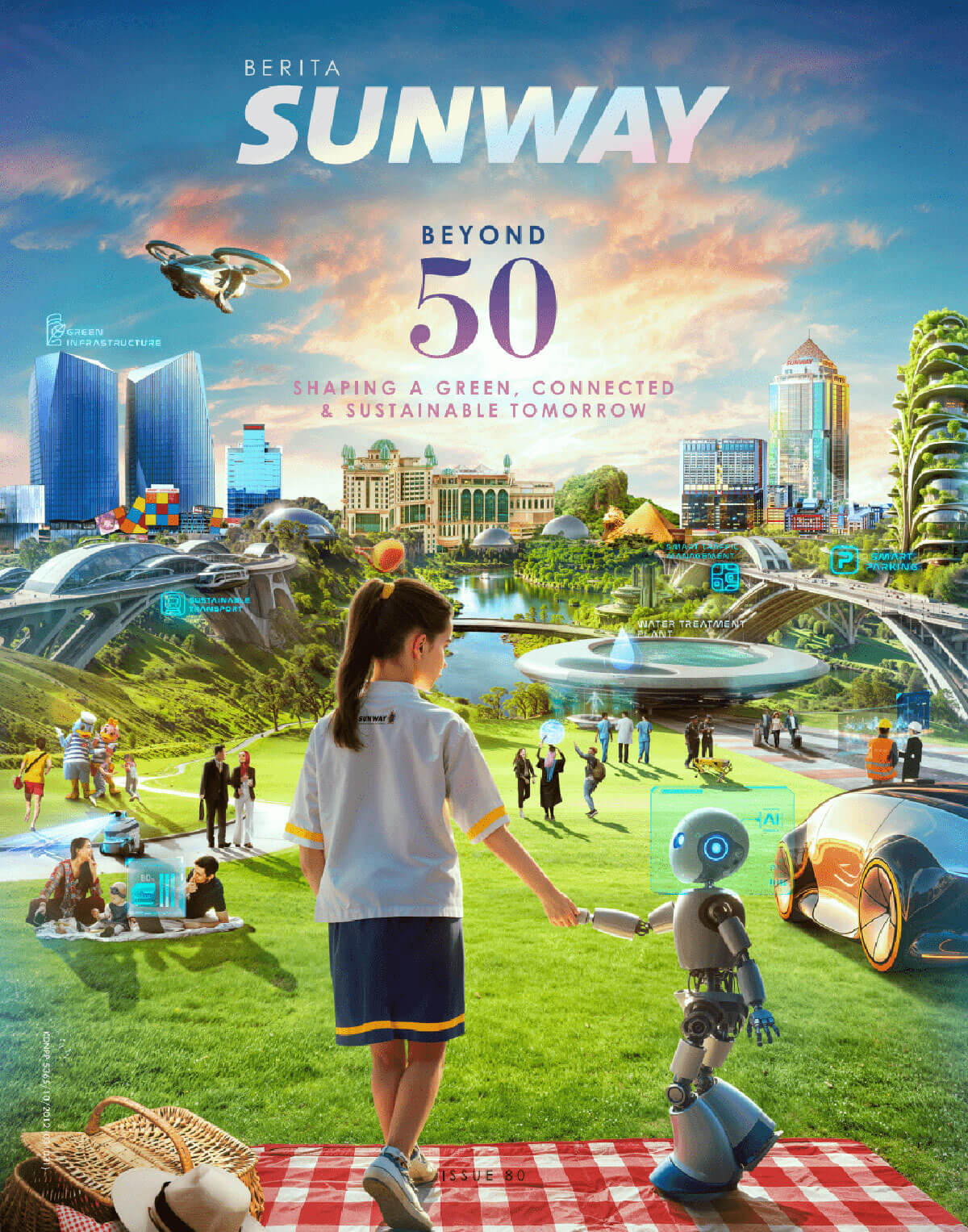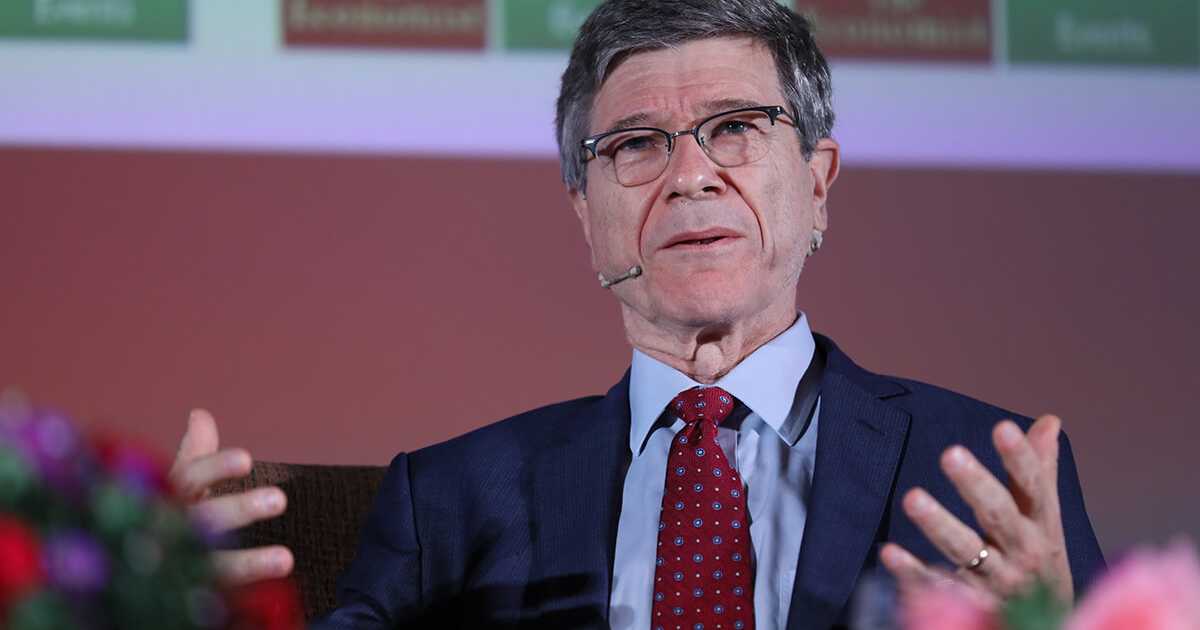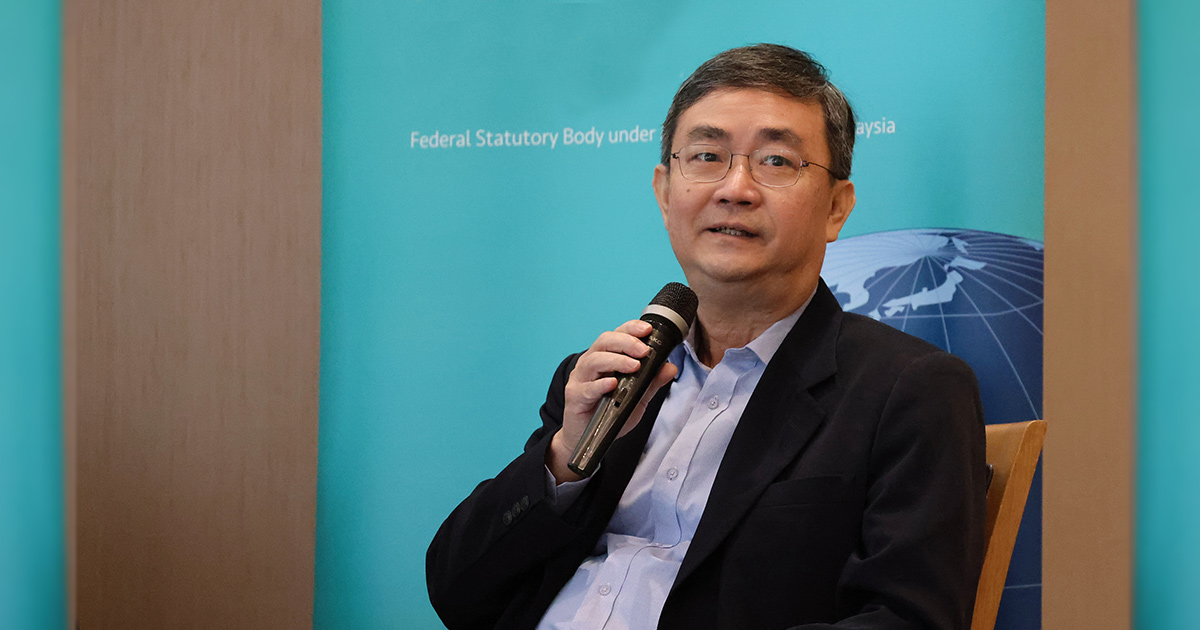The New Priority and Norm for Corporations
-
The environmental, social and governance (ESG) compliance framework help provide valuable insights that create long-term value for stakeholders. It can significantly impact the financial metrics of a company and better inform investment decisions.
-
At Sunway, the values of ESG are exemplified through sustainability efforts, risk management and risk mitigation to prepare for all eventualities.
The journey into the 21st century for corporations and businesses worldwide has led to a tremendous increase in consumption-led economic growth, innovation as well as futuristic technology, leading to more accountable corporate social responsibility. However, there is a paradigm shift that is becoming more prevalent, more long-term and, most importantly, more beneficial for companies, society and the world as a whole.
This paradigm shift, surfacing more prominently in 2015, is for corporations to place a higher emphasis on the environmental, social, and governance (ESG) criteria – defined as a set of standards for a company’s operations that socially-conscious investors use to screen potential investments. It is also sometimes referred to as sustainable investing, impact investing, or socially responsible investing.
The Two Driving Forces behind ESG
The barren wasteland which morphed into Sunway City Kuala Lumpur (SCKL) with its thriving ecosystem today did not happen by coincidence, starting with a vision of our founder and chairman Tan Sri Sir Jeffrey Cheah in the early eighties.
Building a self-sustaining township serving a population of 200,000 without the need for deforestation is a prime example of this. It was not a question of compromise or middle-ground, but a necessity to ameliorate planetary health. Fast forward to 2021 and three smart sustainable townships and integrated developments later, we remain committed to building sustainable communities. Whilst looking to the future, we constantly ask ourselves, “how else can we further enhance the quality of life across all our Sunway cities?”
Hence, even before the introduction of the ESG criteria by Bursa Malaysia in 2014, the ESG criteria have always underpinned Sunway’s way of life, embedded into our culture and DNA. Thus, our adoption of the ESG criteria to achieve the UN-SDGs was a seamless one, a harmonious alignment with the world on the sustainability front.
Delving into a micro-level, one can narrow down our effortless transition into ESG to two factors – the philosophy and the strategy.
The Philosophy
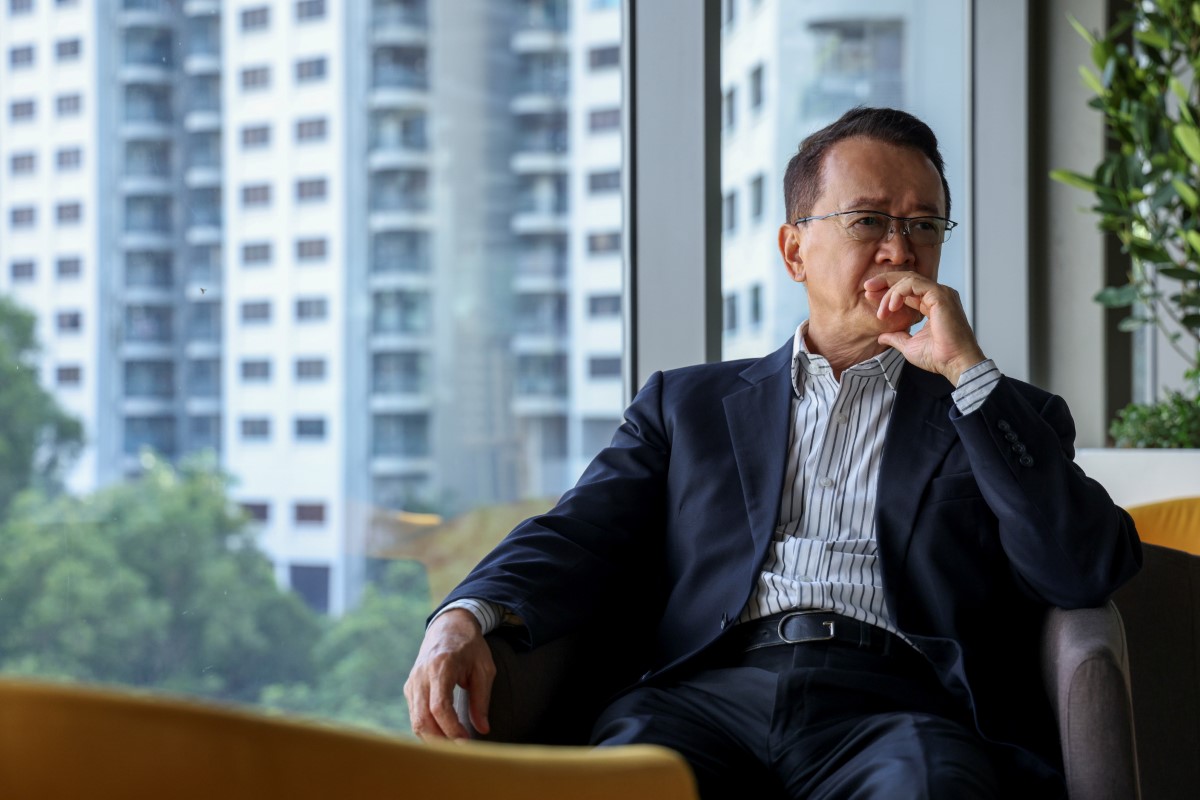
Inculcating his personal beliefs into the lifeblood of Sunway Group – our founder and chairman Tan Sri Sri Jeffrey Cheah
One may have heard the familiar adage of Tan Sri Sir Jeffrey Cheah, “I’m just a humble businessman”. He also proclaims that “in all that we do, we must improve the quality of life and society, contributing towards making our community and nation a better place for future generations”.
The genesis of Sunway that gave rise to the evergreen philosophy of corporate social responsibility has culminated in a corporation that amalgamates business with society and community, intertwined with humility, excellence and integrity.
Thus, once the ESG criteria came to the forefront of corporate doctrine, it was something that we have wholeheartedly adopted and has become a key cornerstone to achieve the 17 United Nations Sustainable Development Goals (UN-SDGs).
The Strategy
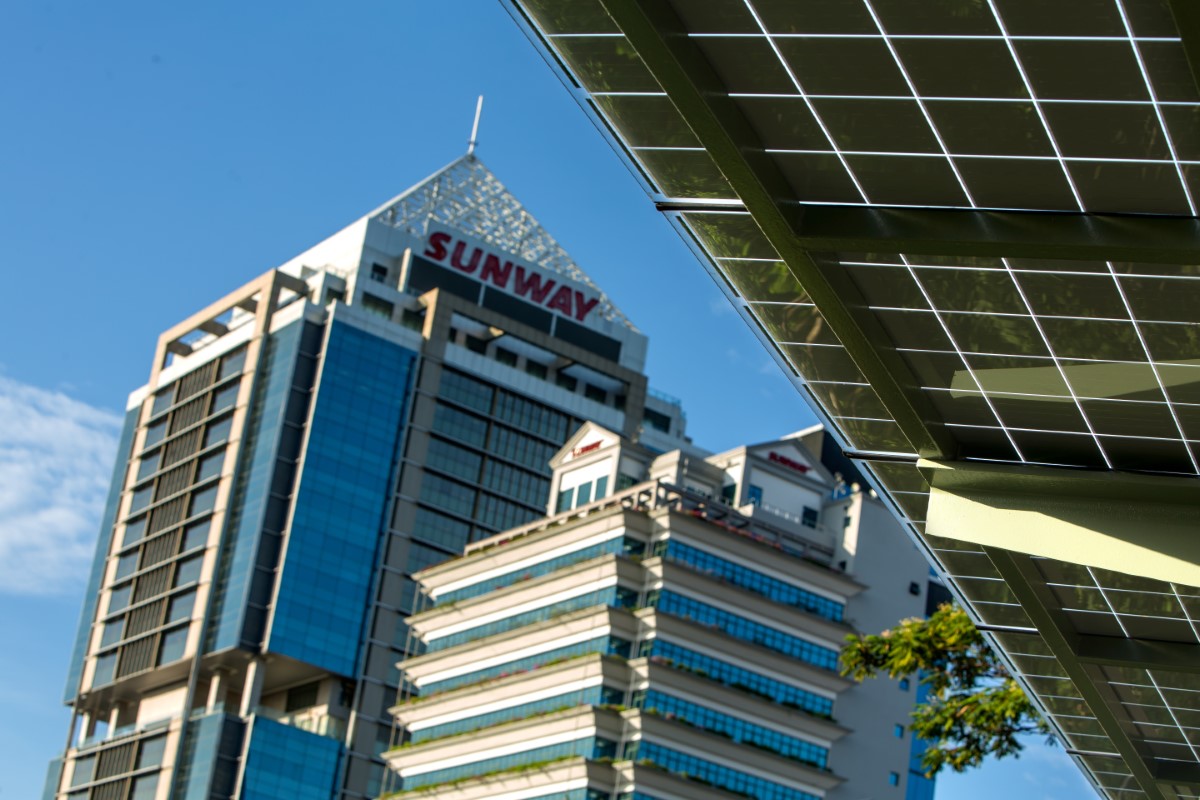
Our Green Building Index (GBI)-certified buildings across our smart sustainable Sunway cities are a testament to our drive-in building integrated spaces for communities to live, learn, work, play in a safe, healthy and connected environment
Through this era of digitalisation, we have heard fables of many notable companies that have fallen by the wayside as they fail to adapt to changing times.
It is inevitable that we encounter storms and misfortune. For us, we have gone through bitter lessons as we were hit by two financial crises during the mid-80s and the late-90s, resulting in tremendous financial losses, nearly leading to the bankruptcy of the company.
The question is “how do we go through it? And how can we plan better from there?”
The ESG Factors
The observations of various experts of the economic and environmental landscapes point to various storms that loom over the horizon. As our world rapidly expands in a frightening pace, one wonders what are the repercussions of such progress?
In these observations, three questions are asked:
-
How will we tackle the looming threat of climate change?
-
Is the demand for equality and human rights increasing?
-
Is there a demand by stakeholders and shareholders for more transparency and greater accountability?
These obstacles are real, and pose looming threat to not only the company, but for society and the planet at large.
Hence, as with everything that we do, we must be prepared.
Environment
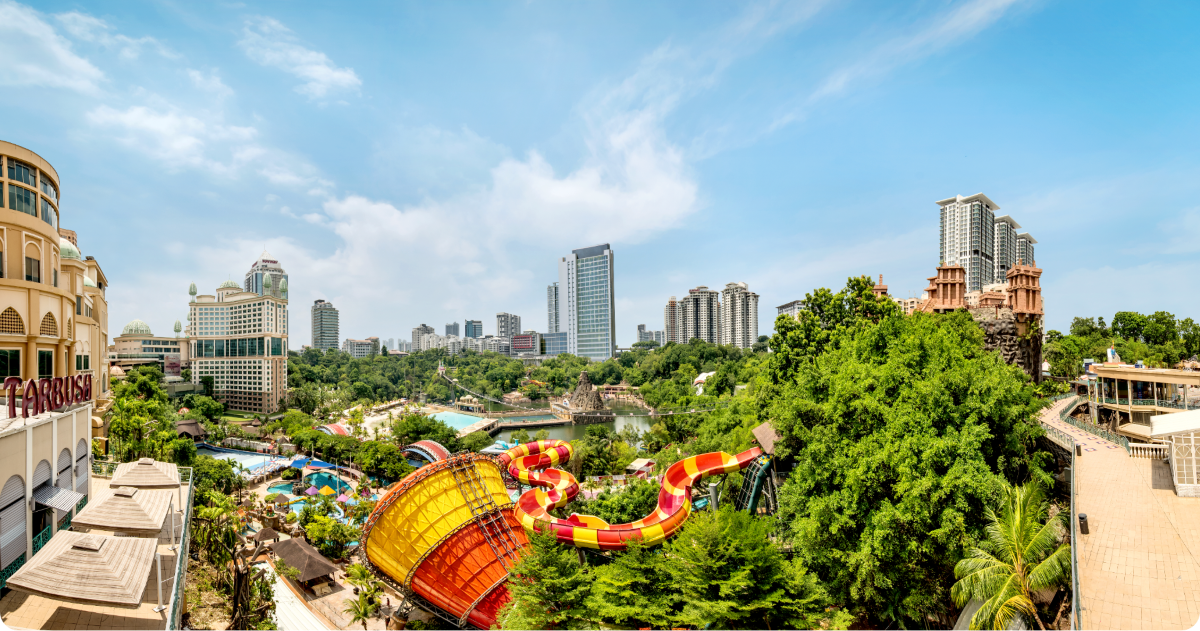
Formerly a barren wasteland, SCKL now thrives as a lush wonderland.
The “E” aspect of ESG has been driven since the inception of Sunway City Kuala Lumpur (SCKL) back when it was a tin mining wasteland, without flora or fauna in sight. With proper rehabilitation and restoration, it has fostered a thriving ecosystem that is currently a flourishing township brimming with life.
In a by-invitation-only discussion with The Economist Corporate Network, our executive director of chairman’s office Mr. Ong Pang Yen gave his insights on how Sunway’s contribution towards the “E” factor of ESG has paid off.
“We have been on the constituent list of FTSE4Good ESG Index since 2015, recognised by Bursa Malaysia as the pace setter among listed companies across Malaysia in terms of ESG-compliance and disclosure,” said Mr. Ong Pang Yen.
He continued on how SCKL is the first to be recognised by GBI Malaysia as a Green Integrated Township and was awarded Diamond status in terms of a low carbon city by the Ministry of Environment and Water Malaysia.
But what are the elements that have led us to these awards?
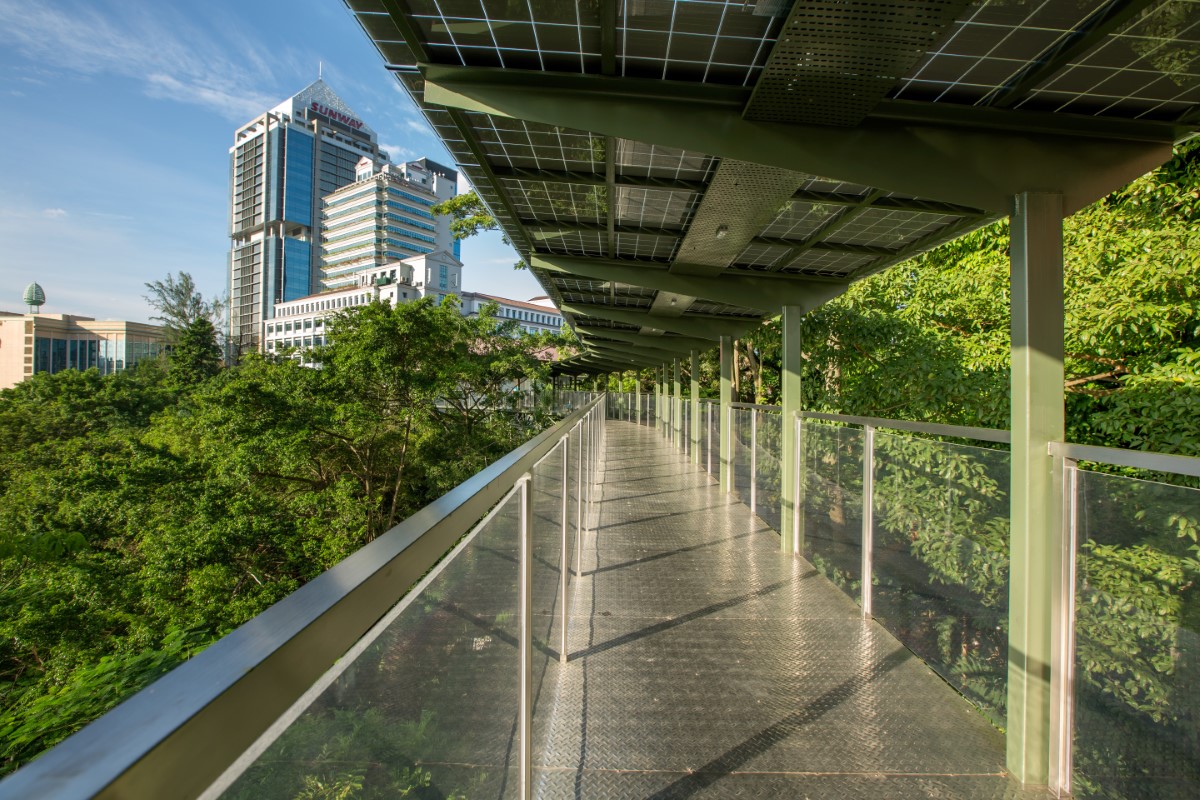
Sunway EcoWalk and Canopy Walk encourages healthy living as well as sustainability.
Our elevated walkways are central towards the low-carbon efforts – creating a domino effect that has knocked down several goals such as reducing CO2 emissions, increasing business productivity, and ensuring that we do not exceed our limitation to infrastructure, in addition to inculcating the “S” factor through encouraging a healthy lifestyle by walking.
To illustrate, Sunway students and visitors can walk to Sunway Pyramid via the Canopy Walk instead of having to hail a Grab. This reduces the number of cars travelling into SCKL which leads to reduced traffic congestion, thus allowing our businesses to run like clockwork and improving the experience for the likes of tourists and customers in our townships. Without forgetting our very own eco-friendly shuttle buses and BRTs, we are on the right path to cultivating a low emission city while bringing people to their destinations across SCKL.
We have also made concerted efforts to revitalise the natural resources of our township.
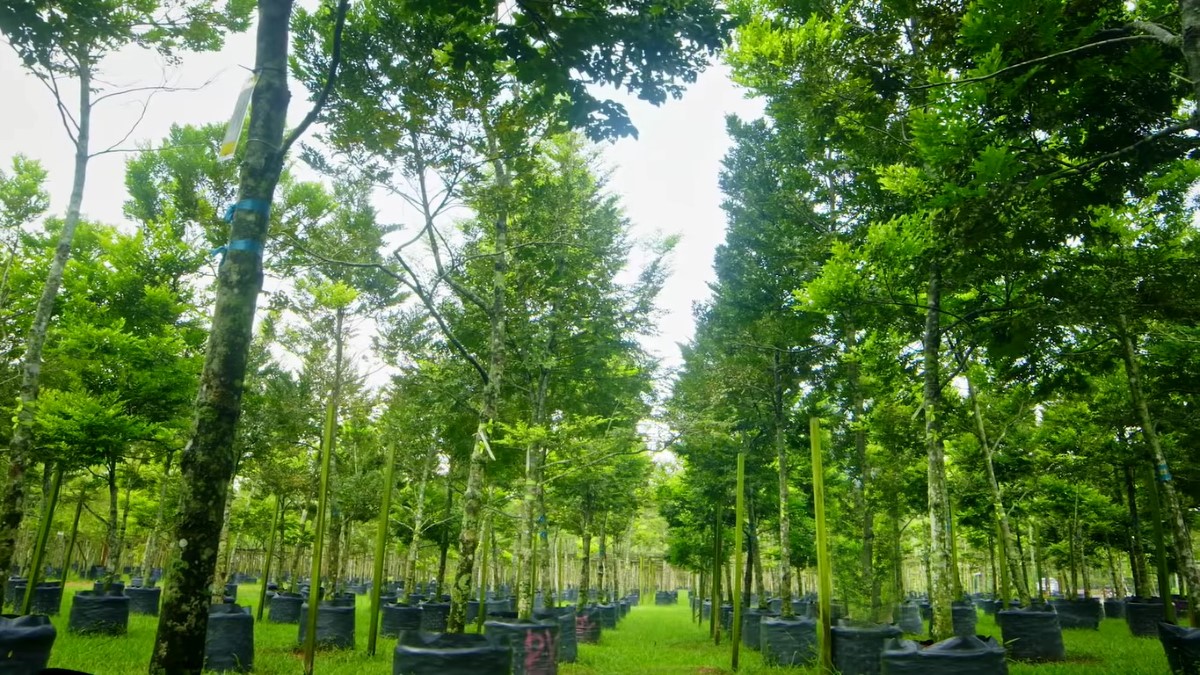
Our Sunway nurseries – the lungs of Sunway cities
Our 30,000 trees within the Sunway nursery here at SCKL as well as 25,000 trees across all Sunway cities act as both filters for urban pollutants and as a network of “giant air conditioners” to create a cooler city reducing our energy consumption across all our business divisions. Our water treatment plants have also reduced water wastage and improved both water recycling and localisation in SCKL, offering stronger water security for tenants and residents alike and improving the quality of life for all at SCKL.
Social

Our founder’s philosophy is not just to give back to society, but also to protect them from harmful vices that may have a detrimental effect on their lives. Despite the profitability of certain industries, Tan Sri Sir Jeffrey Cheah has always chosen the path to healthy nation-building – avoiding industries , as well as advocating a smoke-free society.
The “S” aspect of ESG has usually been associated with giving back to the community through CSR initiatives. While we have done so through our various #SunwayforGood initiatives, it also includes us looking inwards and not forgetting the welfare of our staff.
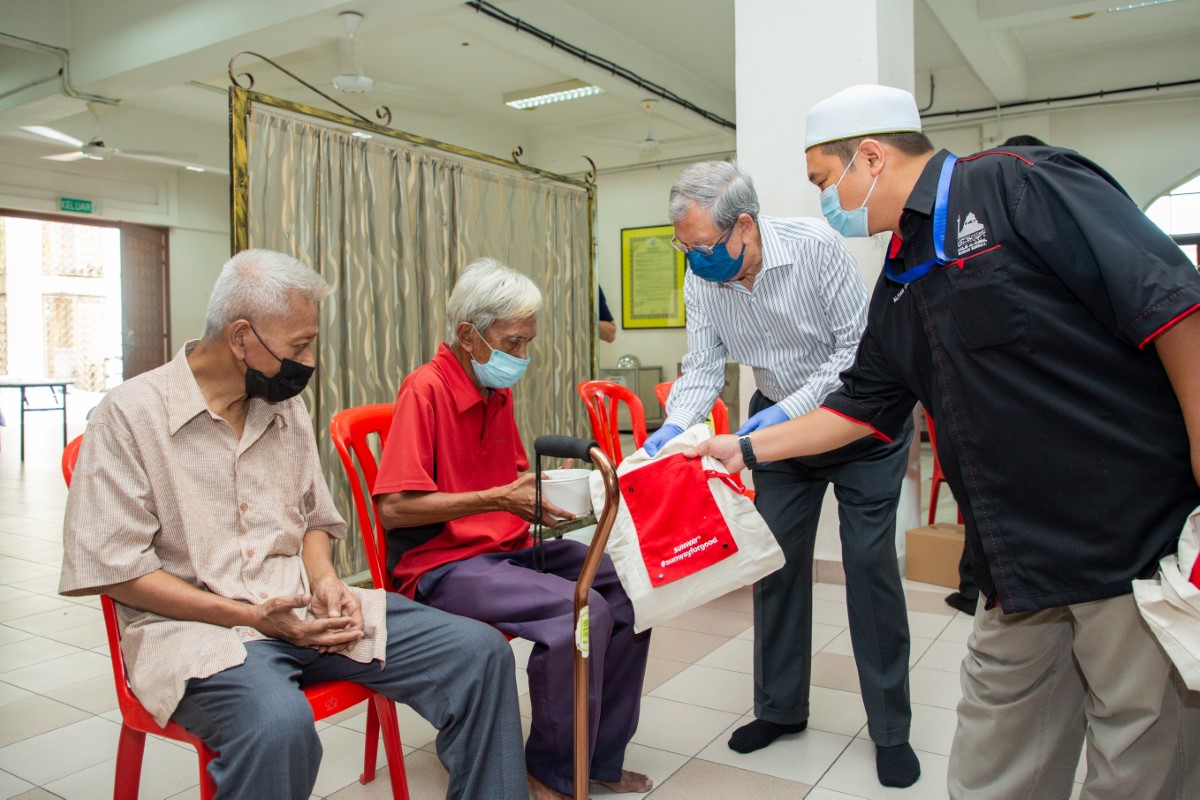
Touching the lives of the underserved within society and nation as a whole.
Our most Valuable Stakeholder – Our People
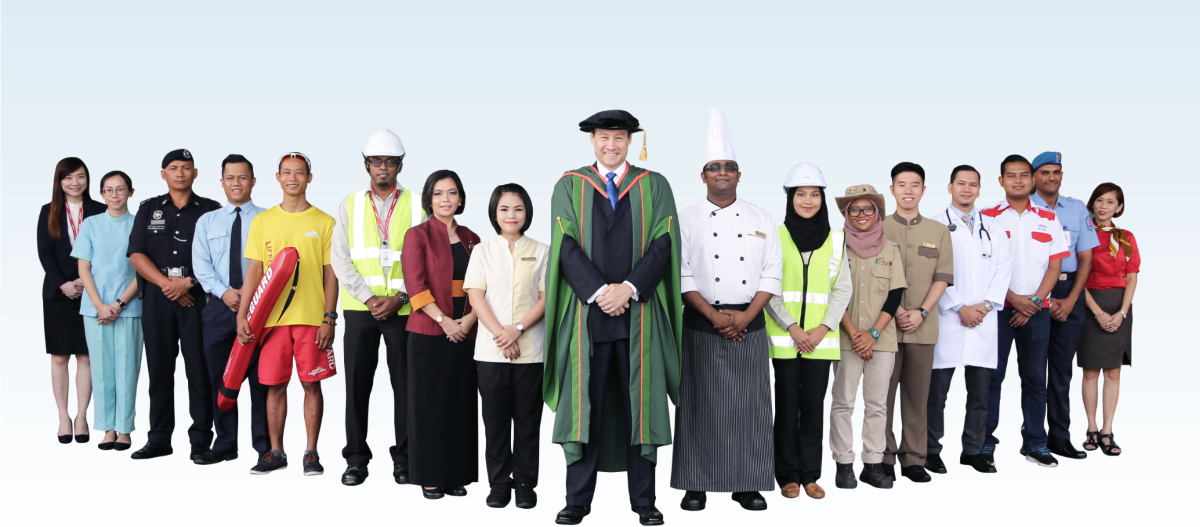
Our people – the cornerstone of our company
We ensure that our commitment to our people extends far beyond fair working hours, equitable wages and equality regardless of race, gender or background, as set out in the UN Guiding Principles on Business and Human Rights and UN Global Impact (UNGC) Principles, of which we have been a signatory since 2012.
In addition to tangible entitlements for our office staff, we have made great strides in providing a safe, healthy and inclusive workplace for all our staff, most especially, accommodations for our service workers in our construction, manufacturing and medical divisions.
When COVID-19 ran rampant, there has been a greater demand for human rights, more specifically on workers’ accommodation, especially as they face a higher risk of infection.
Thus, we have ensured our workers’ quarters fulfil all legal requirements, from erecting quarters for our nurses fighting the pandemic and ensuring clean water, electricity and room spaces across all our workers’ accommodations, to the smaller details such as providing six-inch thick, and 1.7 square metres mattresses as well as accessible lockers for their valuables.
In line with our integration with Occupational Health, Safety and Environment (OHSE) framework, this ensures a safe and healthy living environment for our workers, both in our offices and at the work-site. We believe that with a healthier, safer and environmentally-friendlier workplace, it will also manifest into a happier, safer and more inclusive environment for our workforce.
Governance
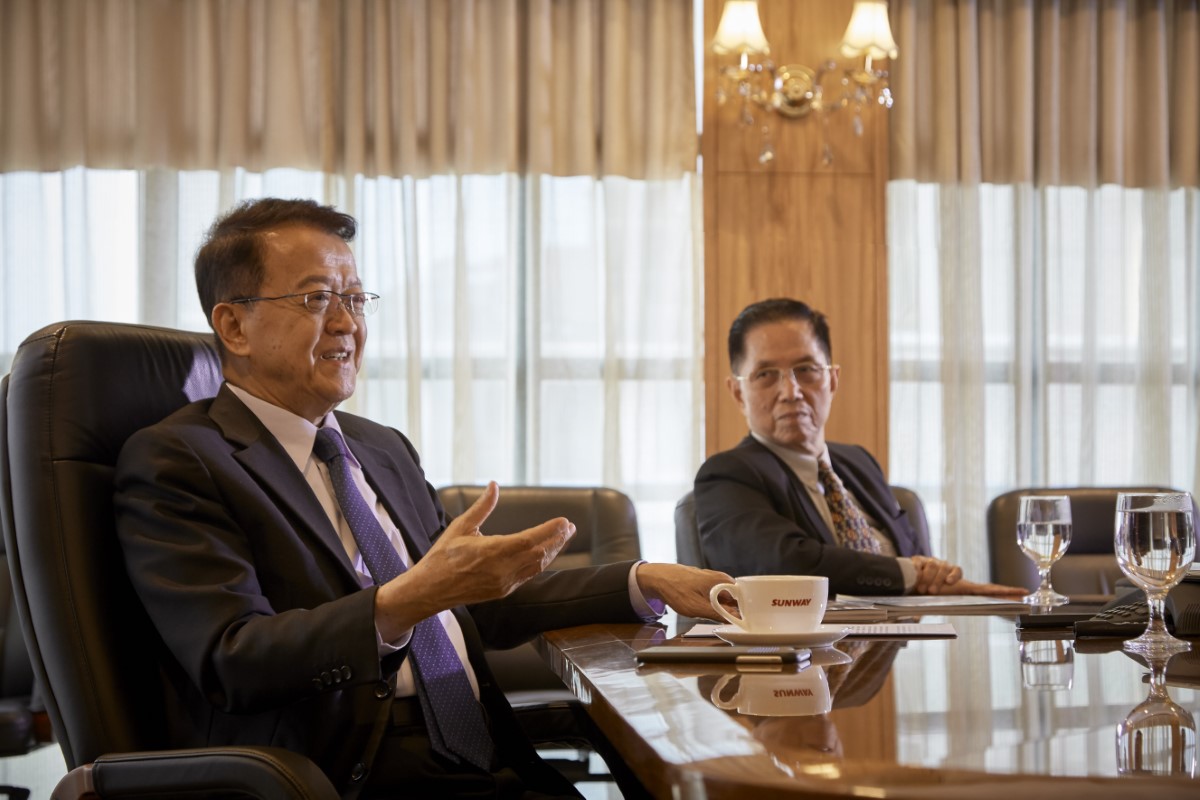
Accountability in all that we do.
The “G” factor pertains to the governance factors of decision-making within the company, ensuring accountability and reliability from the top management when it comes to stakeholders.
Heavily intertwined with the “E” and the “S” factors, the “G” factor of Sunway looks at how we as an organisation are accountable for our actions, and our promise to transparent and fair management towards our stakeholders.
In 2020, Sunway Group set up a Board Sustainability Committee to oversee, assess and manage material matters that are ESG-related – the Board oversees the Group’s sustainability strategy and integrates sustainability risks into our overall risk management, analysing future trends, threats and opportunities, and embedded Enterprise Risk Management (ERM) into our daily business operations, ensuring that we are prepared for all inevitabilities.
Teaching for the Future

Carrying the torch for our company and the world.
From this, a question arises, “if there is no carrot at the end of the ESG stick, will we still implement it?”
For Sunway, the answer is and has always been yes. It is our promise to continuously implement the values of the ESG criteria, even when a day would come where we are not required to. This is in line with not only the UN-SDGs, but the personal goal of Tan Sri Sir Jeffrey Cheah – to leave behind a better world.
With the formation of the Board Sustainability Committee and by bringing together our various business divisions, alongside the Group Sustainability and Human Resource divisions, we strive to execute changes in a structured and holistic manner to achieve our five goals for sustainability.
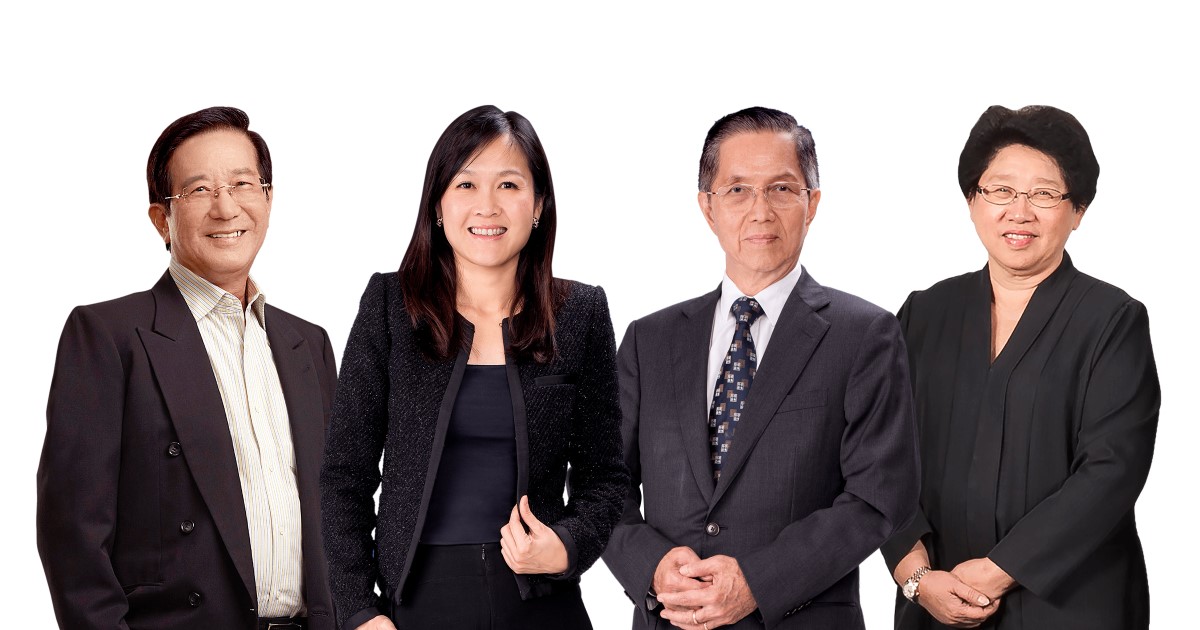
The Board Sustainability Committee from left to right – Mr. Philip Yeo, Ms. Sarena Cheah, Tan Sri Chew Chee Kin, and Datuk Tong Poh Keow – the men and women who guide the sustainability agenda in our company.
5 Sunway Sustainable Goals
Goal 1: Transforming our Portfolios to Low-Carbon Sustainable Cities
Goal 2: Advocating a Responsible Value Chain
Goal 3: Developing a Safe, Equal and Dignified Workforce
Goal 4: Investing in Community Inclusivity
Goal 5: Respecting Ethical Principles
These five goals will cover aspects across the board such as environmental preservation and conservation, business ethics, safety issues and human resources, which are also in line with our commitment to the UN-SDGs.
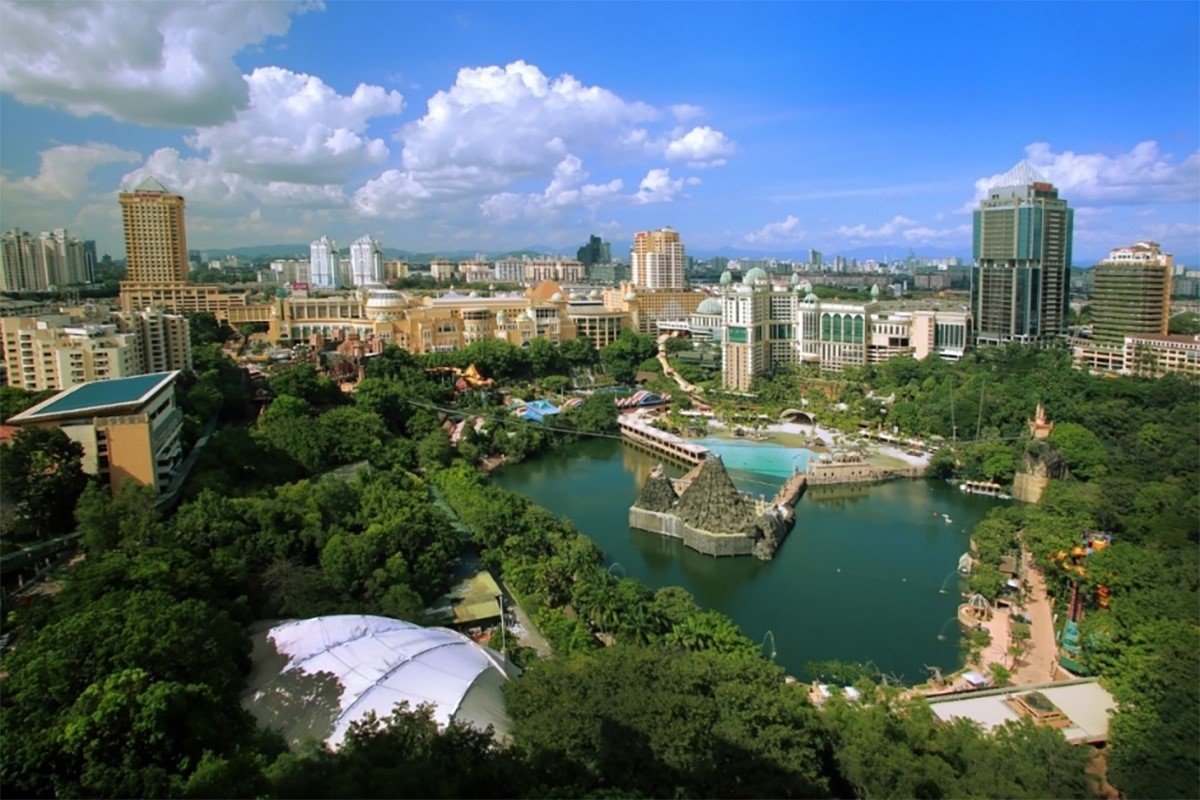
Everything is accounted for to ensure sustainability is at the forefront of all that we do.
“The Group is diversifying in its preparation towards the three letters of ESG, positioning ourselves well amidst inevitable changes and to not get caught in a disruptive manner,” said Mr. Ong Pang Yen.
We intend to cultivate future leaders of Sunway with the knowledge of ESG, and what it takes to bring more sustainability towards the workplace. To get the ball rolling, we have launched our first ESG training, equipping our executives across all departments such as human resources, communications and sustainability with the fundamentals of ESG to be incorporated in their daily duties for the company.
Public assumption may say that ESG is a leverage point to land a lucrative investment. Whilst admittedly it is a trillion-dollar industry, for Sunway, it was and still is never just about profit, but on how we can contribute towards a better, healthier and more sustainable nation for generations to come.
And it starts with us.











